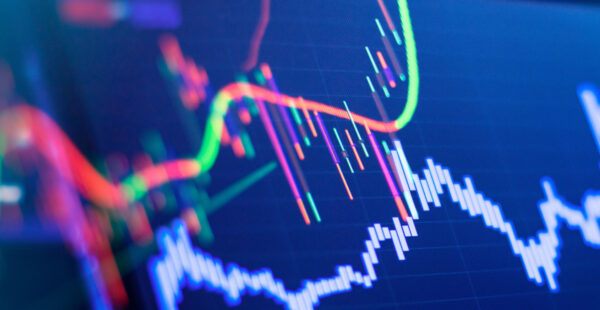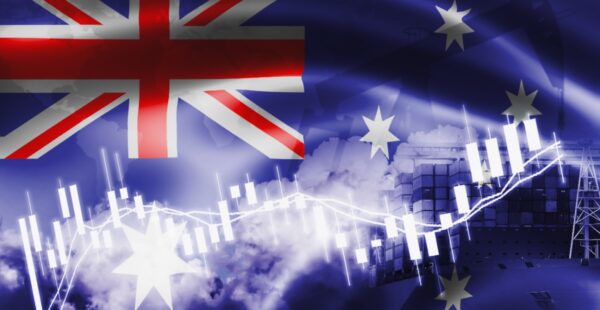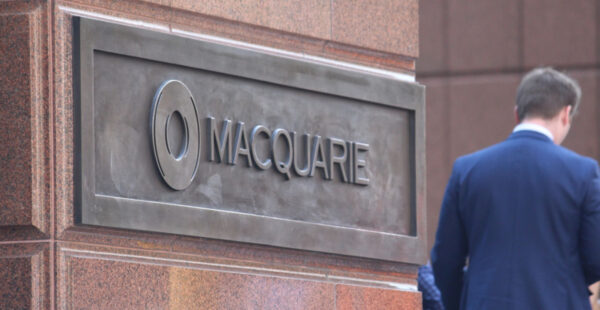Warnings sounded over Trump trade war 2.0

The re-election of Donald Trump to a second term as US president could spark a renewal of the US-China trade war, “disrupting global growth, financial markets and supply chains”, and push the world into recession, warns a senior investment analyst from Franklin Templeton subsidiary, Western Asset.
While the commencement of a new presidential term is still at least nine months away, “talk of another global trade war is picking up steam”, said Robert Abad, product specialist at Western Asset.
Trump, the presumed Republican nominee, has become increasingly vocal about his intentions for aggressive trade measures if he is to be re-elected, Abad said.
“Whether this is mere campaign bluster or a firm policy stance is yet to be determined.”
The possibility of another US, China and wider trading partner dispute has begun to unsettle certain investors, he added.
“Another trade war at this juncture in the global macroeconomic cycle, especially one that significantly affects China’s growth prospects, could reignite fears of a global recession and, coincidentally, raise concerns about the potential inflationary consequences of higher tariffs.”
During its peak in 2018-2019, the US-China trade war had a substantial impact on China’s quarterly gross domestic product (GDP), reducing it by as much as 0.8%, according to figures cited by Franklin Templeton. US GDP, meanwhile, took a just under a 0.6% hit during this period.
The pair raised tariffs on roughly $450 billion in bilateral trade, initially triggered by Trump administration’s tariff salvo directed at $300 billion worth of imports from China.
Although the net trade effect modestly favoured the US over China, increasing by just over 0.2% for the former, the conflict had a clear disruptive impact on financial markets in both countries, Abad said, “and contributed to policy uncertainty, which in turn restrained income generation and business spending”.
Citing a Washington Post piece, Western Asset has flagged a future Trump administration’s intention to introduce a three-pronged tariff strategy. This includes: a new US “price of admission”, involving a universal baseline tariff of 10% on nearly all imported goods; an imposition of a tariffs as high as 60% on all imports from China, with a four-year plan to phase out all Chinese imports of essential goods; and, finally, the application of ‘reciprocal’ tariffs, with the US to match any tariffs imposed by other countries.
“All of these proposals potentially elicit swift and proportionate countermeasures, particularly from China, leading to substantial disruptions in the global economy that could exceed the impact of the trade war during Trump’s initial term,” Abad said.
It’s no surprise any more, but be alert
While the electoral analyst tide appears to be turning away from a Trump victory, even if the 45th POTUS does secure a second Whitehouse term, Western Asset predicts that markets are less likely to experience the same degree of volatility from his trade policy as witnessed during the ructions of the 2018-2019 episode.
“First, Trump’s trade policy is now well-established, so it lacks the element of surprise that characterised his previous impromptu announcements on social media.”
“And second, following the experience of a Trump presidency, governments and corporations worldwide have implemented contingency plans to manage global trade and supply-chain disruptions through nearshoring strategies.”
For Abad, a trade war sparking higher inflation and potentially higher interest rates, is a “common assumption among many investors”.
“In the past, we argued that while tariffs may initially increase prices, as some of the tariff costs are absorbed by importers’ margins, the price hike is typically a one-time occurrence that dissipates relatively quickly. In contrast, when investors discuss ‘inflation’, they usually refer to a continuous process with prices expected to rise month after month and year after year.
“We believe the more critical point to emphasise is the adverse impact tariffs could have on aggregate demand and long-term growth.
“The short-term inflationary effects of a single tariff imposition can transform into a deflationary spiral when trade conflicts escalate and trigger a series of retaliatory measures.”
The investment landscape
Considering these economic and financial impacts, Abad said that it is reasonable to anticipate that Trump’s more confrontational trade measures could likely exert downward pressure on developed markets government bond yields.
On credit markets, the escalation of the trade war could lead to a considerable reshaping of global growth expectations.
“While our baseline scenario suggests a moderation in global growth and inflation, coupled with potential policy easing by major central banks—all of which bode well for short and intermediate segments of investment-grade and high-quality high-yield credit, as well as [emerging market] local-currency-denominated government debt and USD-denominated frontier markets—we are mindful that market risks are multifaceted.
“For instance, global credit markets are currently enjoying robust investor demand owing to attractive income and return prospects compared to recent history.
“However, the escalation of trade war concerns could drastically reshape global growth expectations and market sentiment, triggering significant valuation adjustments across various spread sectors.
“This underscores the need to maintain well-diversified portfolios, with USTs serving as the primary hedge against downside growth risks, particularly if exacerbated by a global trade war.”











More Trump Derangement Syndrome bs! If he doesn’t get elected, we’ll be in deep trouble! He is the great white hope for the once great Western world which sadly is headed rapidly down a very dark tyrannical, communist/marxist, globalist psychopathic path which = pure evil! :(((
So Western Asset must be democrats? Hope their CEO has better mental faculties than Biden or what this ‘deranged rant’ suggests…